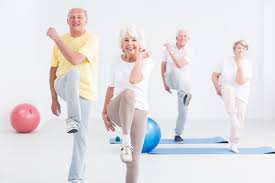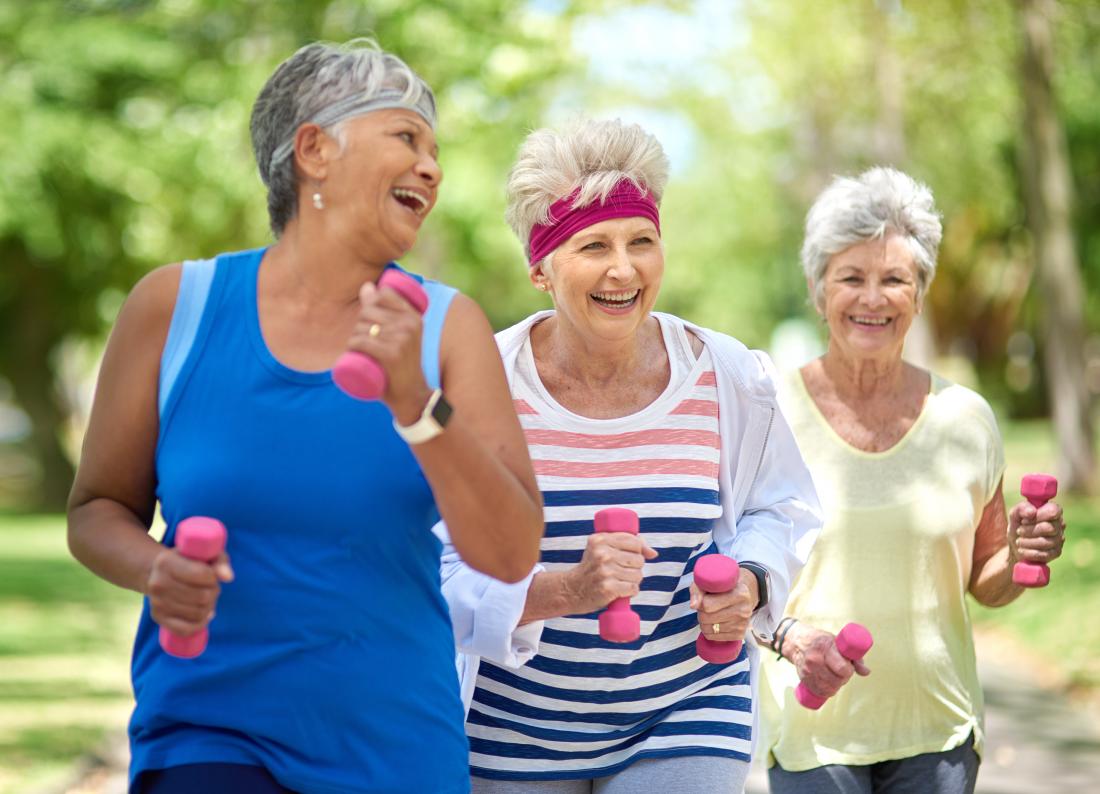In a 2021 review of 16 studies, researchers found that just 30 to 60 minutes per week of muscle-strengthening or “resistance” exercise increased life expectancy by 10-17%. These activities range from calisthenics, to Pilates or yoga and can even include carrying the groceries or your grandchild! Eating protein can also help strengthen your muscles. Women 50 and older need at least 25 grams of protein per day (30 grams for men). Studies have shown that seniors combining this style of eating with resistance exercise, their bodies responded like they were in their 20’s.






